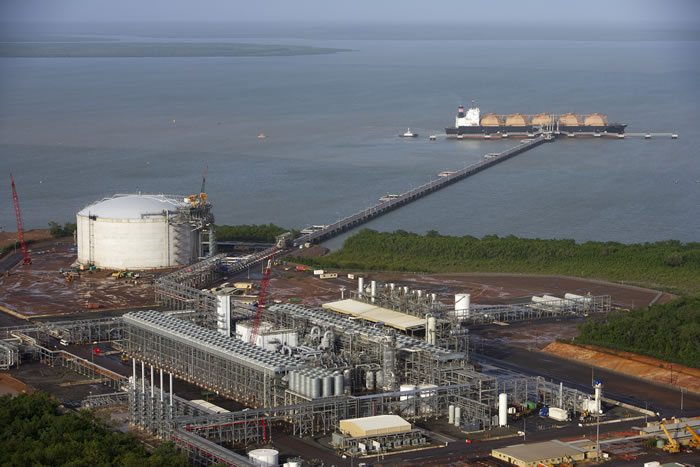
The Ghana National Gas Company was commissioned in 2011 to develop the infrastructure needed to utilize gas freely flowing from Ghana’s Jubilee oil fields located in the coastal part of the country.
Ghana joined the list of oil producing countries in 2010 and is determined to expand the industry to make gains for the benefit of the country.
The Ghana National Gas company (GNGC) has announced
The gas project was however hit by series of delays as a result of financial difficulties from the Ghana Government to finance it.
Director of the project told the Vice President of Ghana, Amissah Arthur who paid a working visit to the project site that the project will be ready for commissioning this August.
After seven years since the discovery of oil and gas reserves in Ghana, hopes have been high as the country intermittently experiences power crisis. Ghana has been suffering an erratic power supply for the past two years and this latest news from the gas project is seen as a sign of relieve for the public.
Ghana’s Energy Minister, Emmanuel Kofi Buah has said that Ghana’s future electricity is going to depend heavily on thermal. Currently, Ghana combines both hydro and thermal for the generation of its electricity. The hydro plant was built by Ghana’s first President, Kwame Nkrumah in 1964 and has seen little improvement since then from successive governments.
“The future of our electricity is going to be thermal generation. Those thermal plants need a lot of gas and 120 million cubic feet of gas is going to give us 400 megawatts of power which will be cheap and there will be reduction in tariffs”, Mr. Kofi Buah said.
It is estimated that the project will generate 120 million cubic feet of gas and some 400 megawatts of power for both commercial and domestic use and this means drastic reduction in the prices of gas.
And the most interesting aspect which seems to have excited the nation is the fact that the project will save the country some $500 Million annually as a result of possible low spending in purchasing crude to power the country’s thermal plants.
Part of the power from the project will also be exclusively dedicate for the production of fertilizers for farmers which would herald Ghana’s industrialization of salt, alumina, petro-chemicals such as plastics, methanol.
More jobs are expected to be created as a result of availability of cheap energy to power industries to reduce the high level of unemployment situation facing that country.
With a population approximately 25 million people, it is projected that Ghana can drill its offshore oil and gas over the next 20 years worth around $20 billion in export revenue for the country.
It is estimated by oil and gas experts that Ghana has up to 5 billion barrels to 7 billion barrels of petroleum in reserves which is the sixth largest in Africa and the 25th largest in the world and also has up to 6 trillion cubic feet of natural gas in reserves as well.
Issaka Adams / NationalTurk Africa News


